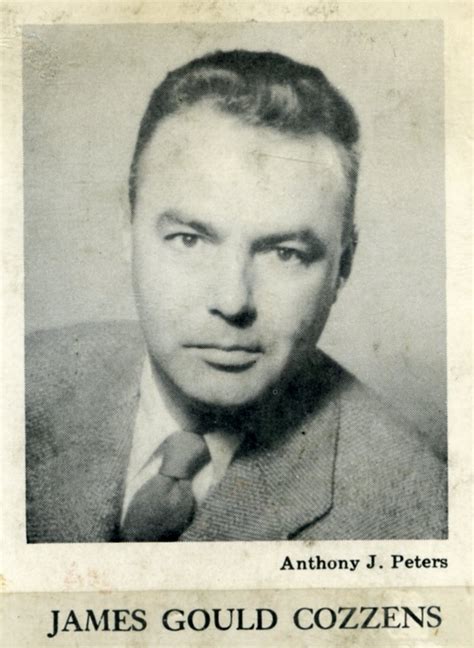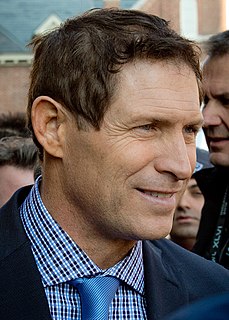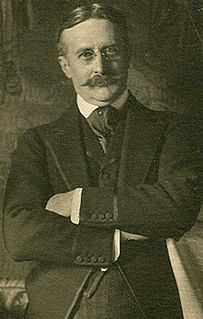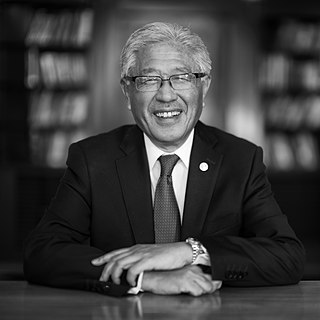A Quote by Phyllis Schlafly
What you learn from my life is, first of all, that anybody can be a leader. You can be a leader. I wasn't born that way - I developed it, I worked at it. And also that the grassroots can organize and take on all the powers that be and defeat them. That is the lesson.
Related Quotes
Bailey might not have great intelligence or abilities, but his whole aim, thought and study was that of the born leader--to look out for himself; and he did it with that born-leader's confidence and intensity that draws along the ordinary uncertain man, who soon confuses his own interest and his own safety with that of the leader.
The position does not make you a leader. The title, the promotion, the fancy corner office do not make you a leader. No, it is relationships with people that are the foundation, the very heart of leadership. Have you ever worked for someone you didn't like? It's difficult, isn't it? On the other hand, the leader you will follow anywhere and everywhere is one you know cares about you, and values you. This person has your best interests at heart. It is the leader who comes alongside to help you improve and grow.
We need to organize ourselves and protest against existing order - against war, against economic and sexual exploitation, against racism, etc. But to organize ourselves in such a way that means correspond to the ends, and to organize ourselves in such a way as to create kind of human relationship that should exist in future society. That would mean to organize ourselves without centralize authority, without charismatic leader, in a way that represents in miniature the ideal of the future egalitarian society.
A good leader does not tell people to stand behind him. That position does not give anybody power but the leader. Today's politician isn't going to be the first marching to war, so why put that guy in front? Instead, a good leader tells people to stand beside him. That creates an invincible wall of people, and that's a force where everybody stands as a true equal.
The boss drives people; the leader coaches them. The boss depends on authority; the leader on good will. The boss inspires fear; the leader inspires enthusiasm. The boss says I; The leader says WE. The boss fixes the blame for the breakdown; the leader fixes the breakdown. The boss says, GO; the leader says Lets GO!





































